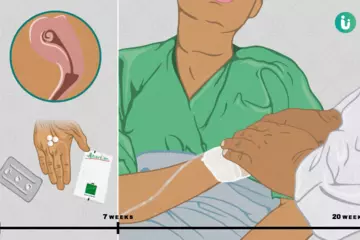Obese: The first thing which comes to our minds after listening to this condition is a “fat person’’ with lots of double chins, built in calories, probably unable to do certain physical activities. Aren't these the immediate thoughts? Yes, Obese means being overweight, but not all of us are aware that this is a clinical condition, that comes with the abnormal accumulation of body fats in various parts of the body resulting in excessive body weight, which has a very negative impact on overall health.
How do you determine whether a person is overweight or obese? The answer to this is the Body Mass Index (BMI). The BMI is a statistical measurement derived from your height and weight. BMI measurement can be a very useful indicator for calculating obesity for any person. A person is referred to as obese when the body weight is at least 20% higher than it should be, then he or she is considered obese. If your BMI is between 25 and 29.9 you are considered overweight. If your BMI is 30 or over you are considered obese.
If your BMI is above 25, then you should consider weight loss programs and if your BMI is above 30, then you should seriously consider taking advice from a doctor for weight reduction. This is important because obesity is known to cause or increase the possibility of many other medical conditions like diabetes, coronary heart disease, hypertension, obstructive sleep disorders, osteoarthritis of the joints, etc. The first step in dealing with the condition is figuring out the root cause of your obesity. One can do this by observing their daily lifestyle or consulting your doctor or a nutritionist.
(Read More - Homeopathic treatment for Obesity)
Did you know?
Your waist circumference is an important factor determining your health. Your health may be at risk if: you're a man and your waist measurement is 94 centimetres (37 inches) or more and if you’re a woman and your waist measurement is 80 centimetres (31.5 inches) or more.
Being obese can make you feel very uncomfortable and bring hindrances in your day-to-day lives. You may get breathless and even find it difficult to walk or be physically active. You may also find it difficult to get comfortable clothing suiting your body type. Obese people may also sweat a lot after doing minimal work. Additionally, if you are obese, this can also affect the way you feel. Your self-esteem and confidence may be low. And because some people may point out obesity very negatively, you may feel rejected, guilty, ashamed and even depressed. In order to overcome all these social stigmas, we are here to let you know about its causes and prevention in the next sections so that you can come on top of your situation and lead a healthy life.
(Read More - Ayurvedic treatment for Obesity)

 Doctors for Obesity
Doctors for Obesity  OTC Medicines for Obesity
OTC Medicines for Obesity
 Obesity articles
Obesity articles News for Obesity
News for Obesity
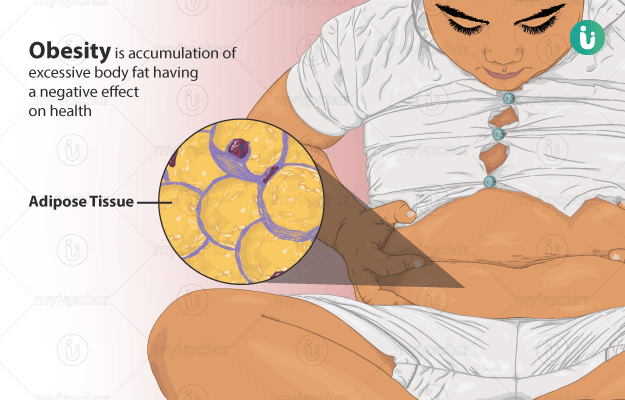
 Ayurvedic Treatment of Obesity
Ayurvedic Treatment of Obesity
 Home Remedies for Obesity
Home Remedies for Obesity
 Homeopathic Treatment of Obesity
Homeopathic Treatment of Obesity





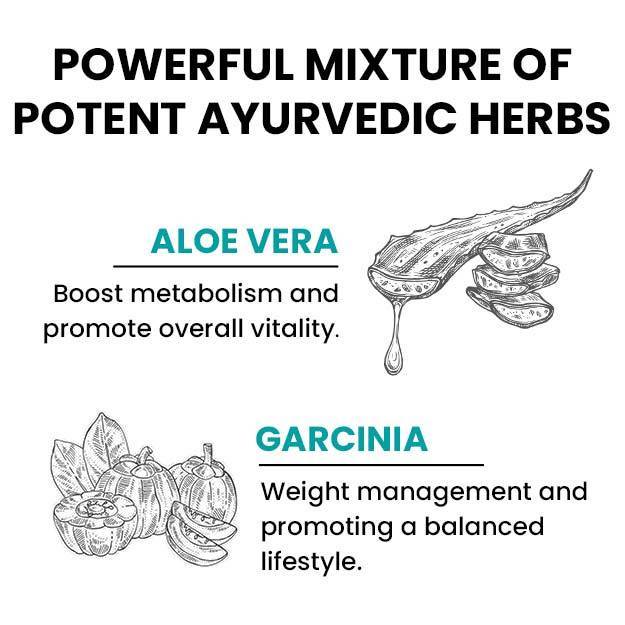
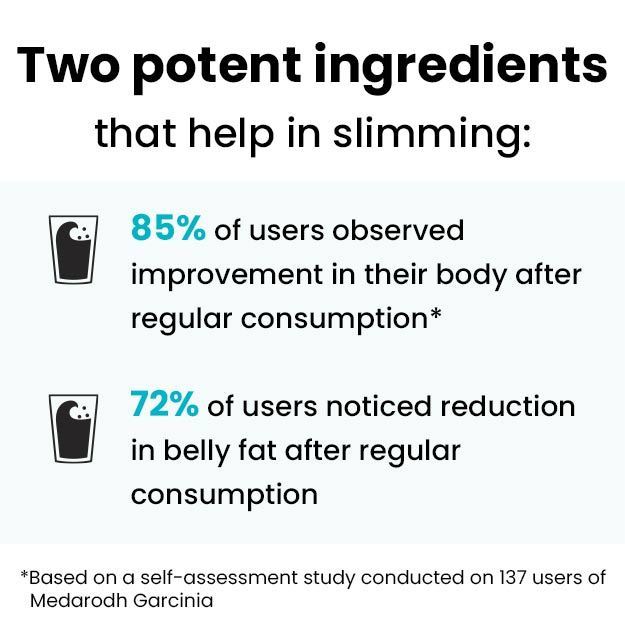
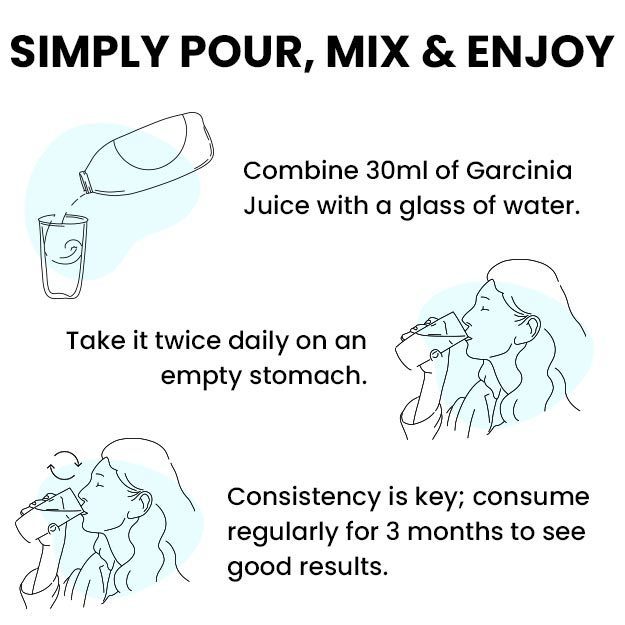
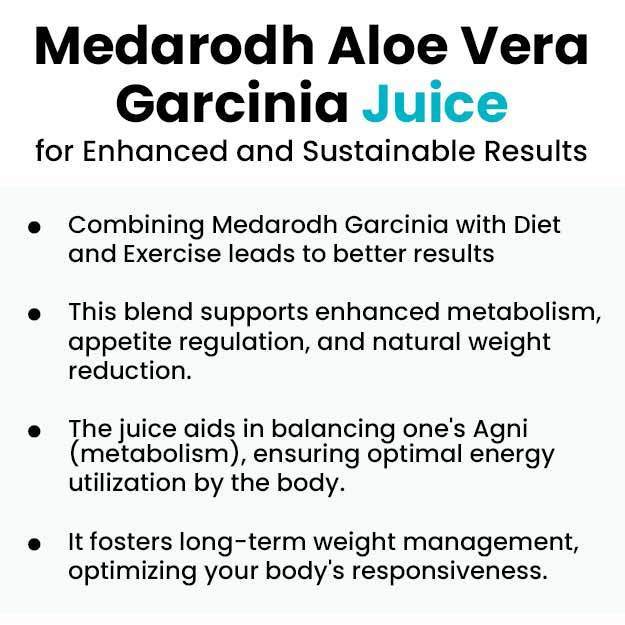

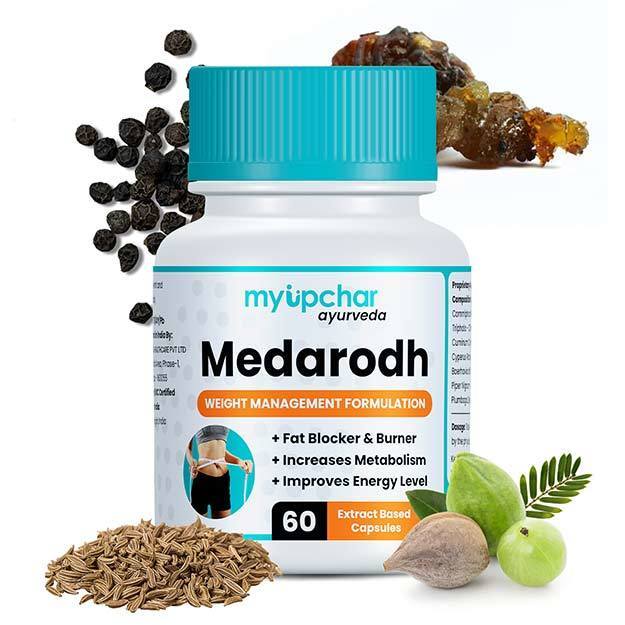


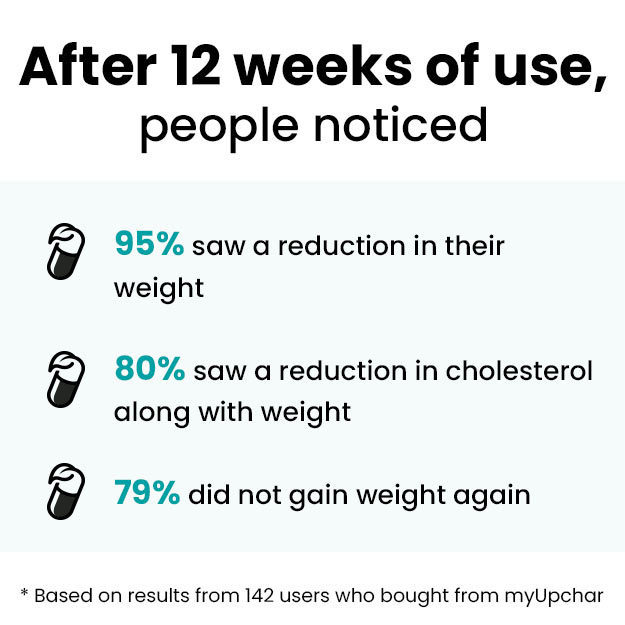


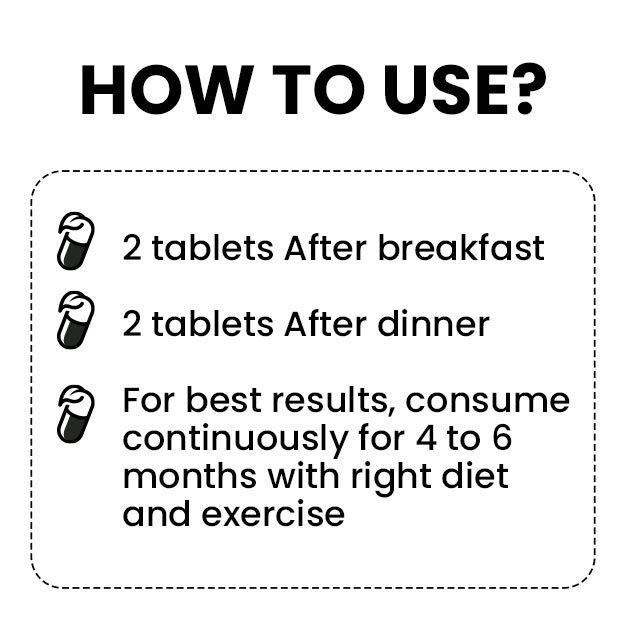







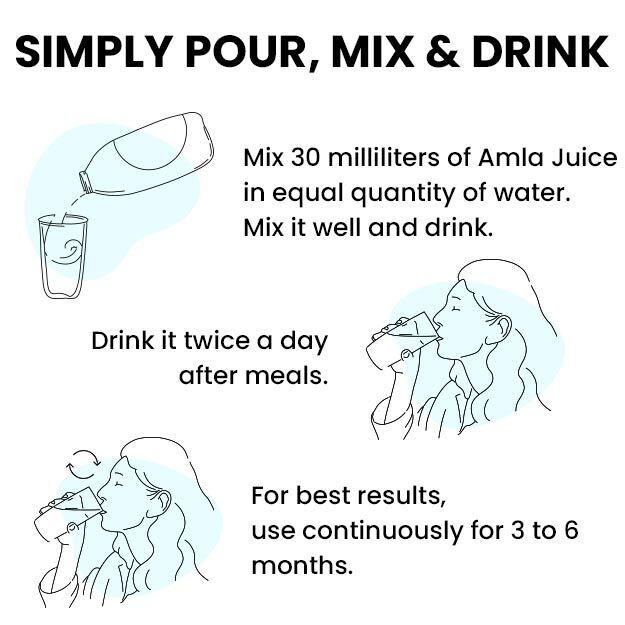












 Editorial Team
Editorial Team


 Dr. Ayush Pandey
Dr. Ayush Pandey

 Dr. Rajalakshmi VK (AIIMS)
Dr. Rajalakshmi VK (AIIMS)

 Dr. Laxmidutta Shukla
Dr. Laxmidutta Shukla










